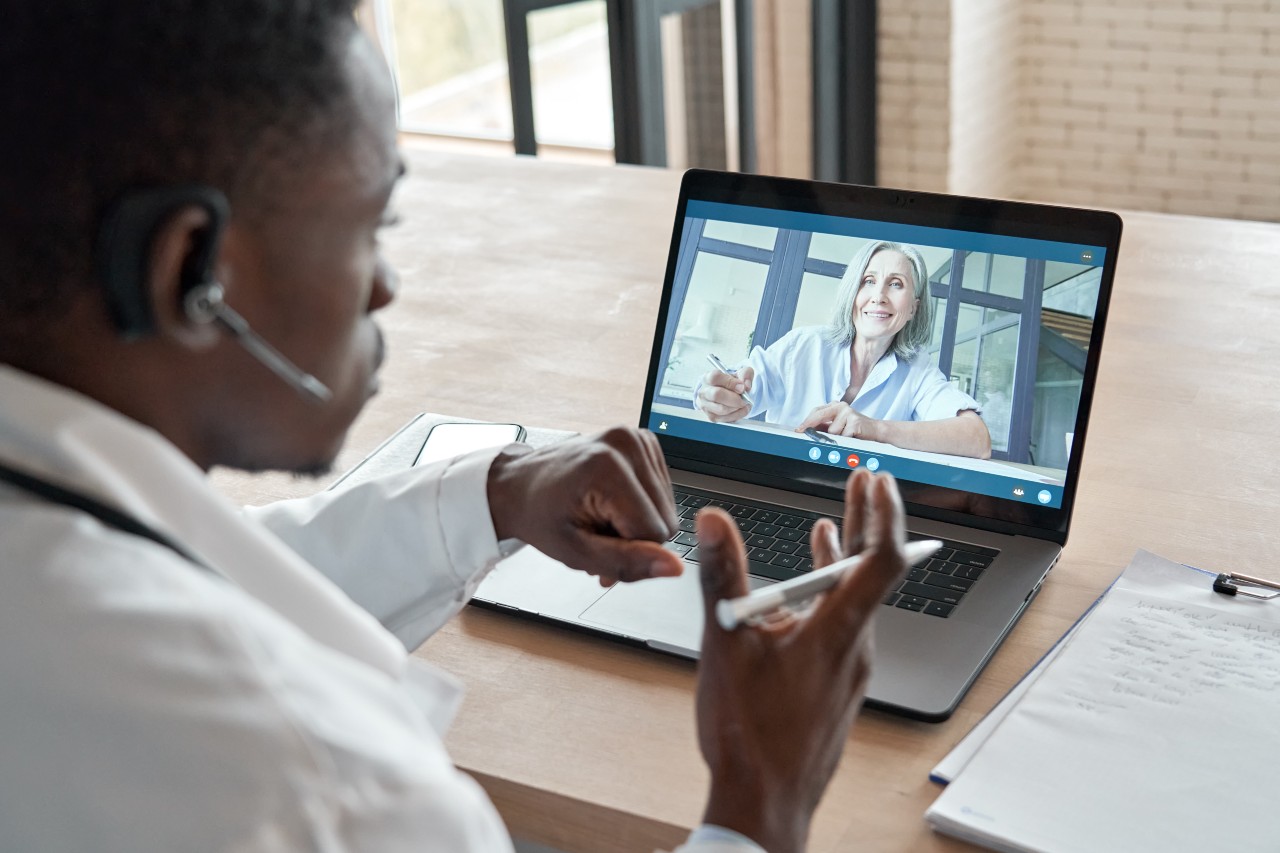Telehealth systems, or telemedicine, can be broadly defined as digital technology coupled with the fundamental principles of medicine, which include health education, clinical evaluation, care coordination and healthcare management.
The era of digital healthcare means that patients can now perform their own medical screening and diagnostics at home, saving travel time, alleviating time and cost pressures on doctors’ surgeries, and enabling specialist advice on more occasions. Indeed, digital technology coupled with the fundamental principles of telemedicine is poised to revolutionise healthcare worldwide.
The days of patients having to travel long distances for specialist healthcare are over. The growth in digital screening and diagnostics, now facilitated by advanced telemedicine technology, means they can see a GP from the comfort of their own home. This decreases the time and cost pressures on doctors’ surgeries, meaning more patients can be seen by their GP on a more frequent basis. These advances boost the economy as people have less need to take off work to see a doctor, and specialist input can now be sought on more occasions.
Telemedicine is revolutionising the way healthcare is delivered today and has some compelling benefits. Traditional face-to-face consultations can be replaced by remote, technology assisted care; patients can be rapidly registered; follow-up care can be postponed as appropriate; and as healthcare systems become increasingly saturated with patients as our population ages, the role of telemedicine becomes more prominent as part of a wider strategy to keep healthcare sustainable for the future.
The use of telemedicine has changed due to the pandemic situation
After COVID 19 situation, 46% of UK patients prefer digital access (phone or video) as their first choice for medical advice and treatment. Just 22% still opt for face-to-face consultations. These figures are even more pronounced in younger age groups; 65% of young millennials would rather turn to technology than face-to-face health advice (compared with 48% of all UK adults), while only 26% would rather seek advice in person (compared to 44% of all UK adults).
Nearly half of UK patients said they would prefer to access healthcare services remotely after they return. This trend is in stark contrast to the pre-pandemic results, which indicated a preference for accessing healthcare face-to-face at a hospital, even if the time and expense involved were greater.
This report made in different countries, details findings from a nationally representative poll of adults who have recently been treated by their GP, consultant or nurse regarding a chronic condition, or specialist. The survey contains insights from respondents regarding their attitudes to managing and receiving care remotely – including how they would ask for a specific treatment to be carried out, how many appointments they would be willing to use a digital service for, and what impact technological advances could have on the medical professions.
Despite this increase in preference for remotely delivered appointments, the survey found that over half (53%) of patients would like to see GPs use video more often during face-to-face consultations. A further 49% were interested in seeing digital health tools used to support physical health checks with their GP.
The new consumer-focused digital healthcare landscape is a radical departure from the traditional in-person model. Patients want fast access to a GP, and they want their appointment to be on their terms. By using technology to drive convenience for patients and reduce pressure on the NHS, we have created a new paradigm for healthcare delivery in the UK.
AI is already utilised in various capacities across the healthcare system, from patient monitoring to data analysis, and many firms have identified future opportunities – particularly in relation to care after a patient has left hospital – as part of their long-term goals.
Practices should remain calm about their patient’s acceptance of care delivered through digital channels, but should focus on the digital experience that they are able to offer patients. Our survey suggests that patients are becoming increasingly comfortable with healthcare delivered through digital channels. There appears to be no significant generation gap between younger and older generations (although there were fewer responses to our survey from over 65s). Clinicians should embrace the opportunities that AI presents within their practice.”
As the third largest eHealth market, the UK has the potential to be a global leader in digital healthcare. More than half of all UK adults do not accept their medical records are meaningful enough, and advances in artificial intelligence offer huge potential to change this.
We agree that a successful digital healthcare transformation is challenging, but with Digital Salutem everything is possible. Contact us for more relevant details. To find out more about how we can help you with your Digital Healthcare Transformation, Healthcare organizational growth, or Healthcare brand positioning, please get in touch via phone +44 (0) 203 3620421 or via e-mail: info@digitalsalutem.com





